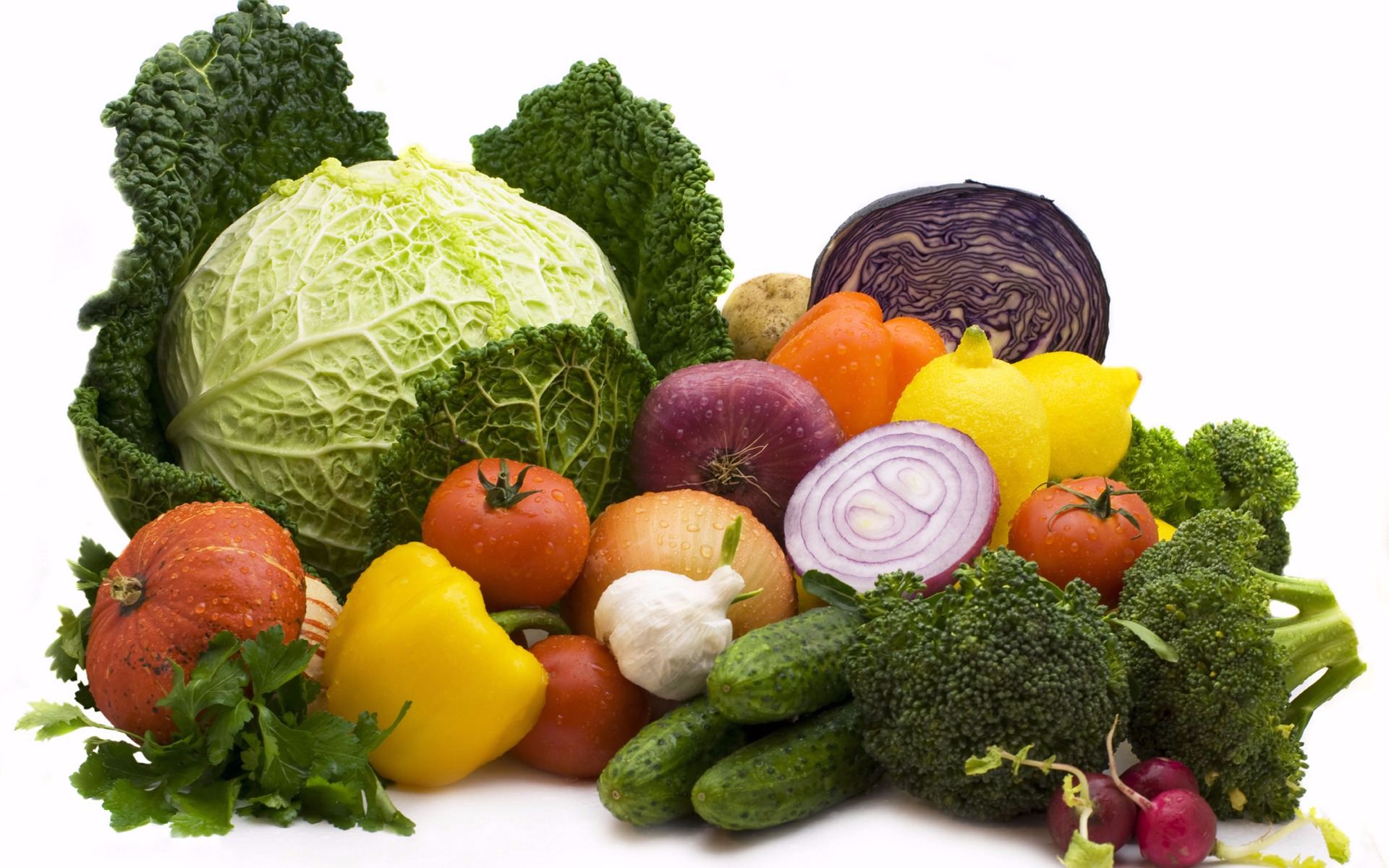Emma writes...
Thoughts, resources and comment from the NHD Editor.
Organic September: healthy soil, healthy food

This month, The Soil Association is promoting Organic September, highlighting the connection between healthy soil and healthy food,. They state that 'avoiding artificial pesticides and fossil fuel-derived fertilisers builds healthy soils. This then grows healthy plants, and nutritious food for us to eat...So, go with your gut and choose organic.'[1]
Organic food became a huge hit in the market throughout the 1990s, and the term ‘organic’ has held its own since as a symbol of quality and sustainability. From organic vegetables to meat to yoghurts and all sorts of other food and drink products in between, the term is commonly used across the grocery list.
However, what does it really mean for consumers? Are we getting any real benefits? Does it really matter in the grand scheme of things? And how do we know that food is genuinely organic?
What is organic?
According to the Soil Association, ‘Organic is a system of farming and food production,' where organic farmers aim to produce 'high-quality food, using methods that benefit our whole food system, from people to planet, plant health to animal welfare.' [2] Organic foods are, therefore, grown and produced without the use of chemical agents such as pesticides, herbicides and fertilisers. They must be free from genetically modified organisms (GMOs), irradiation and sewage sludge.[3] The term ‘organic’ refers to the methods used to produce these foods.
Organic farming and food production are regulated and certified by various certification bodies around the world. A food must meet specific and strict criteria set by the regulations and checked by certification bodies to be labelled and marketed as ‘organic’.[3]
Organic trends
The organic movement has been around since the 1940s. Following World War II, many people became concerned about the health effects of increasingly intensive farming systems and opted for alternative agricultural methods. It’s now a global movement of around 4.5 million organic producers.[3]
The latest data from market insight firm, Statista, shows that there has been an increase in sales of organic food and drink products within the UK. In 2024, sales reached an all-time peak of £3.7 billion.[4] This is despite a decline in UK-based organic farming by around a third since 2010.[4] It’s thought that the increase in sales despite the change in UK organic farming suggests a rising dependence on higher retail prices and organic imports.
The organic consumer demographic is quite clear, with generational differences in consumption. Further insights from Statista reveal that millennials are most likely to report that they consume organic foods, with Gen X being the least likely.[4]
What are the benefits of organic food?

HEALTH
A recent literature review conducted in Canada has shown a wide range of health benefits which are connected to organic food consumption.[5]
The reviewers acknowledged that various health benefits have been associated with higher consumption of organic foods over the years. Their literature review went on to identify some of these health benefits, which include reduced obesity and body mass index (BMI), improved blood nutrient composition, reduced maternal obesity and pregnancy-associated preeclampsia risk.
It was also noted that some evidence suggests that organic food consumption can help reduce the development of certain cancers.
In relation to the nutritional value of organic foods, it was found that organic food contained higher levels of iron, magnesium and vitamin C. However, it was challenging to draw definitive health benefit relationships from the available evidence due to study biases, short study durations and contradictory variables.
The review concluded that it was not feasible at this time to prove that an organic diet provides any related health benefits due to the higher nutrient content mentioned above. However, organic food consumption has the potential to positively impact human health.
ENVIRONMENTAL
Organic farming promotes a whole system approach to sustaining the health of ecosystems, soils and people.[6] It aims to align agricultural practices with local conditions, ecological processes and biodiversity. It avoids the use of harmful chemicals or artificial additions to growth and production processes.
Studies have shown that organic farms have an average of +30% biodiversity, with organic farmers including more tree planting, beetle banks, wildflower sowing and pond creation around their fields.[6-8]
The use of chemical agents, such as pesticides, herbicides and fungicides, is a concern for many. Organic farming avoids the use of these, which benefits the ecosystem. Studies have shown that increased use of chemical agents leads to a significant decline in insect numbers and biodiversity.[9]
Artificial fertilisers are avoided in organic farming, allowing soils to remain healthy and nutrient-rich, reducing the compositional impact on soil microbiota, which can negatively impact ecosystem functioning.[10] Instead, natural nourishment of plants and crops is common practice through the use of clover and legume coverage, compost, and manure. Crop rotation also plays a key role in maintaining soil health.[3]
Less use of chemical agents across vast areas of farmland also has benefits for the rivers and waterways that surround them. These substances make their way into water sources and create ‘dead zones’ for wildlife, which has a devastating impact on the ecosystems in these areas.[3]
Regulation and certification of organic food
‘Organic’ is highly regulated and certifications are required.
Since 1991, organic production, labelling and controls have been regulated by the EU and within the UK.[11] The regulations were put in place to lay out a legal framework for the production, processing, importing and exporting of organic products.
The regulations are robust, and there have been multiple amendments over the years to ensure the legislation remains relevant and applicable.
Following Brexit, Council Regulation (EC) No 834/200711 and Commission Regulation (EC) No 889/200812 apply in Great Britain, with EU Organic Regulation (EC) 2018/84813 applying in Northern Ireland and the EU.
In addition to the regulations, organic standards and guidelines from organisations such as the Soil Association are available for farmers and producers to implement, which align with the legal requirements for organic farming and production.[15]
In the UK, farmers and producers of organic products must be certified by an approved organic control body. The certification will be required if any of the following processes are undertaken: producing, preparing, storing, importing, exporting, marketing, selling, and contracting out any of the above to a third party.[16]
Products may only be labelled as ‘organic’, or use any terms which relate to organic production methods, if they meet the following criteria:[17]
They must meet organic production rules.
In food products, at least 95% of the agricultural ingredients must be organic.
In feed products, at least 95% of the total product (by dry matter) must be organic.
All other ingredients, additives and processing aids must be listed as permitted within the current organic regulations.
The product and any suppliers must be certified by an approved organic control body.
It is against the law to state ‘organic’ in labelling, advertising material, ingredients or commercial documents of a food product if it has not been inspected and certified.
END NOTE
‘Organic’ is certainly here to stay and remains relevant to our food chain and the environment. As with many food-related conversations, there’s always a need for more research and more data on the impact and efficacy! However, there are glimmers that organic food and farming have a potentially important role to play in our future as we face increased diet-related ill health, declining wildlife and biodiversity and climate change. Harnessing any benefits from this approach to address these issues can only mean more opportunities to build a healthier and sustainable future for ourselves and our planet.

Emma has been a Registered Dietitian for over 18 years and has experience in adult and paediatric dietetics. She has been the Editor of NHD for nine years, steering the editorial content and supporting the production process.
Emma currently works in industry.
Emma Coates, RD
References
Soil Association: Organic September. https://www.soilassociation.org/causes-campaigns/organic-september/
Soil Association (2025). What is organic? What is organic? | Soil Association
Journal of Nutrition (2025). Organic Foods: What are Organic Foods? What Are Organic Foods? Journal Of Nutrition
Statista (2025). Organic food market in the UK - statistics & facts. Organic food market in the UK - statistics & facts | Statista
Rahman A et al (2024). A Comprehensive Analysis of Organic Food: Evaluating Nutritional Value and Impact on Human Health. A Comprehensive Analysis of Organic Food: Evaluating Nutritional Value and Impact on Human Health
Soil Association (2025). What is organic farming? What is organic farming? | Soil Association
Soil Association (2025). Organic farms are havens for wildlife. Organic farming is better for wildlife
Tuck SL et al ( 2013). Land use intensity and the effects of organic farming on biodiversity: a hierarchical meta-analysis. Land‐use intensity and the effects of organic farming on biodiversity: a hierarchical meta‐analysis - Tuck - 2014 - Journal of Applied Ecology - Wiley Online Library
Soil Association (2025). Reducing pesticides. Reducing pesticides | Soil Association
Swaine M et al (2025). Impact of pesticides on soil health: identification of key soil microbial indicators for ecotoxicological assessment strategies through meta-analysis. Impact of pesticides on soil health: identification of key soil microbial indicators for ecotoxicological assessment strategies through meta-analysis | FEMS Microbiology Ecology | Oxford Academic
Organics Europe (2025). Organic regulations. Organic regulations, rules for organic products - IFOAM Organics Europe
Soil Association (2025). Organic Standards for Great Britain. Food and drink. Version 1.6. gb-food-drink.pdf
UK Government (2025). Guidance - Organic food: labelling and advertising rules. Organic food: labelling and advertising rules - GOV.UK

